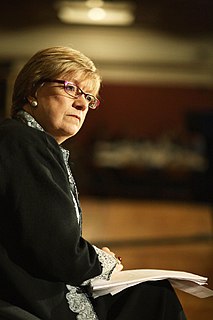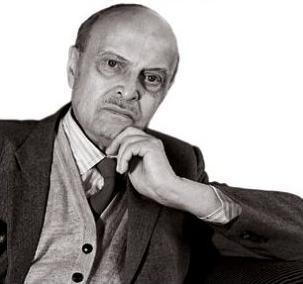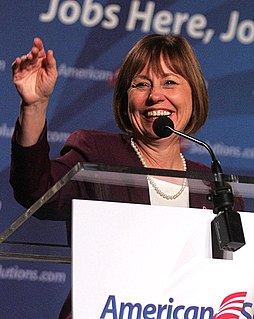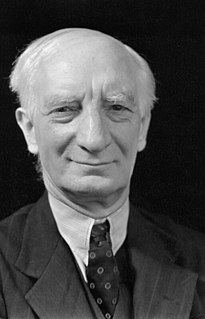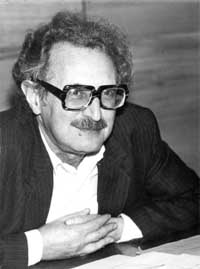A Quote by Polly Toynbee
Working lives are for the state to influence. Unemployment makes people unhappy. So does instability.
Quote Topics
Related Quotes
A state does not simply fall apart as a result of depression... [Weimar Germany] was not destroyed by economic depression or widespread unemployment, though these naturally contributed to the atmosphere of doom, but because the Weimar Right was resolved to abolish the parliamentary state in favour of a vaguely conceived authoritarian state.
We have reached a stage where governments and political processes have been hijacked by the corporate world. Corporations can within five hours influence the vote in the U.S. Congress. They can influence the entire voting patterns of the Indian Parliament. Ordinary people who put governments in power might want to go in a different direction. I call this the phenomenon of the inverted state, where the state is no longer accountable to the people. The state only serves the interests of corporations.
Full employment does not mean literally no unemployment; that is to say, it does not mean that every man and woman in the country who is fit and free for work is employed productively every day of his or her working life ... Full employment means that unemployment is reduced to short intervals of standing by, with the certainty that very soon one will be wanted in one's old job again or will be wanted in a new job that is within one's powers.
[What Hayek] does not see, or will not admit, [is] that a return to "free" competition means for the great mass of people a tyranny probably worse, because more irresponsible, than that of the State. The trouble with competitions is that somebody wins them. Professor Hayek denies that free capitalism necessarily leads to monopoly, but in practice that is where it has led, and since the vast majority of people would far rather have State regimentation than slumps and unemployment, the drift towards collectivism is bound to continue if popular opinion has any say in the matter.
